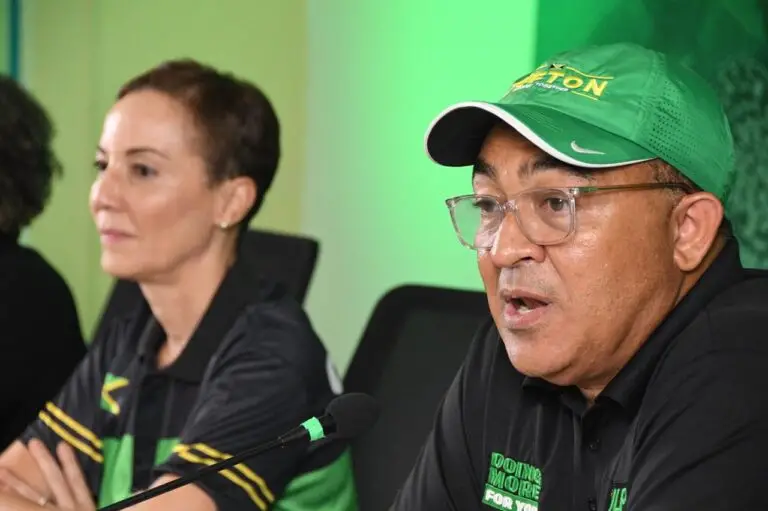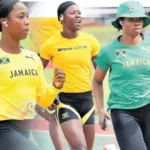The September 3 general election has left Jamaica’s political landscape sharply defined: the Jamaica Labour Party (JLP) with an outright majority of 35 seats, and the People’s National Party (PNP) grappling with internal doubts after securing 28.
For the JLP, the message has been clear — move swiftly to project stability. Senior figures have pivoted away from campaign rhetoric and toward governing language, framing the victory as an endorsement of leadership and policy over noise. The party’s immediate task is to transform electoral momentum into legislative control, consolidating authority at the start of the new term.
The PNP, by contrast, faces an uneasy crossroads. Despite conceding defeat on election night, the opposition has since leaned into claims of irregularities, with talk of voter suppression and vote-buying. Analysts suggest this posture risks alienating undecided Jamaicans who may see the party as consumed by grievance rather than renewal. With no magistrate recounts requested, the optics of protest without process may prove politically costly.
Particular attention has fallen on St. Andrew West Central, Prime Minister Andrew Holness’s seat, which the PNP has spotlighted in recent statements. Observers note that while the constituency has symbolic weight, a focus on Holness personally could be a double-edged sword — energizing a core base but signaling desperation to the broader electorate.
The larger story, however, may not be about allegations or rebuttals, but about image. The JLP is positioning itself as the custodian of continuity and calm, while the PNP wrestles with how to reinvent itself in the shadow of defeat. Party insiders privately concede that a period of introspection is overdue, particularly around leadership strategy and relevance in a shifting electorate.
Jamaica’s voters, meanwhile, appear weary of political theatre. With turnout muted and cynicism high, both parties face the same ultimate challenge: proving that victory or opposition status can translate into tangible outcomes for citizens. For now, the balance of confidence rests with the JLP, while the PNP begins the long process of asking itself not just how it lost, but what it must become next.






